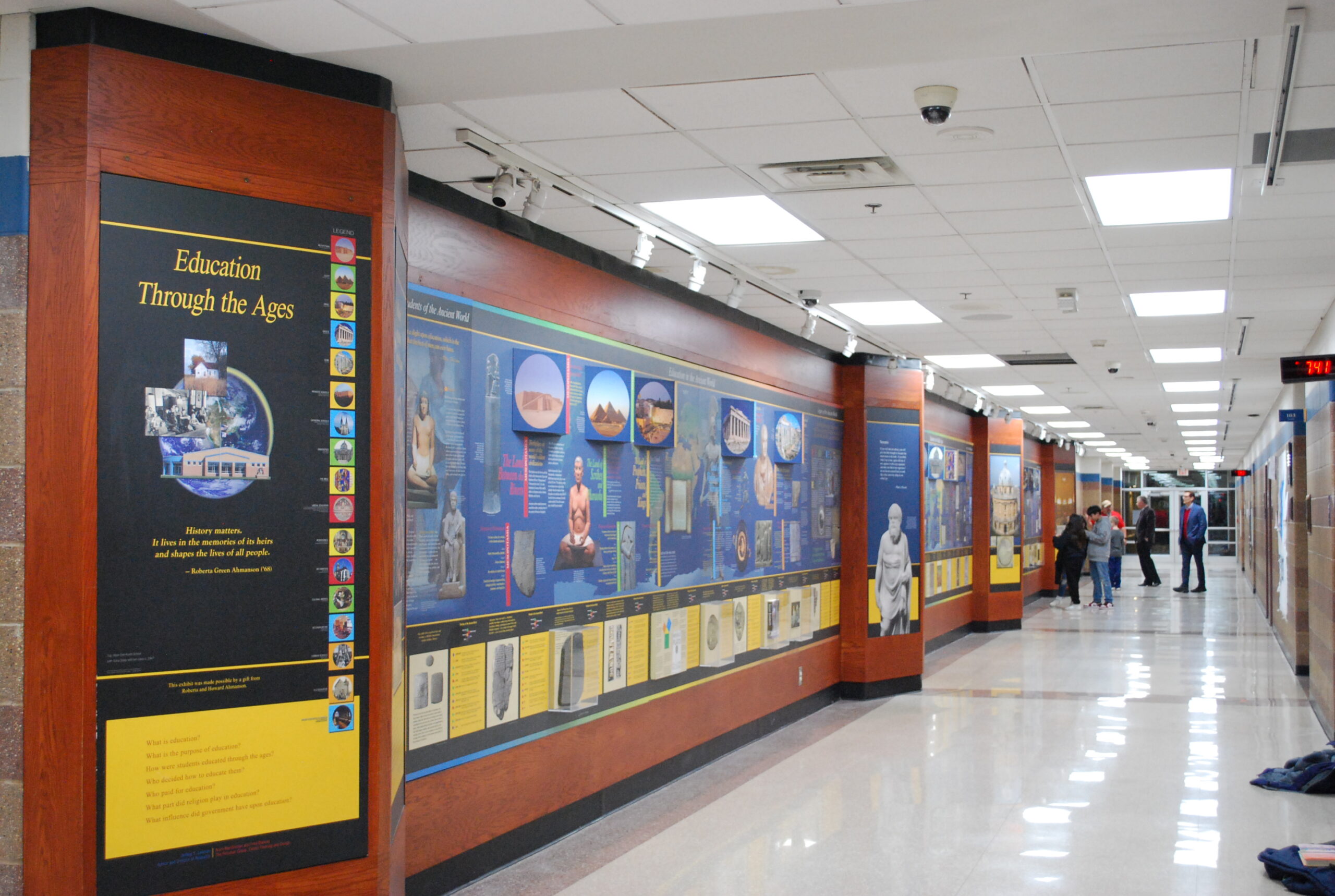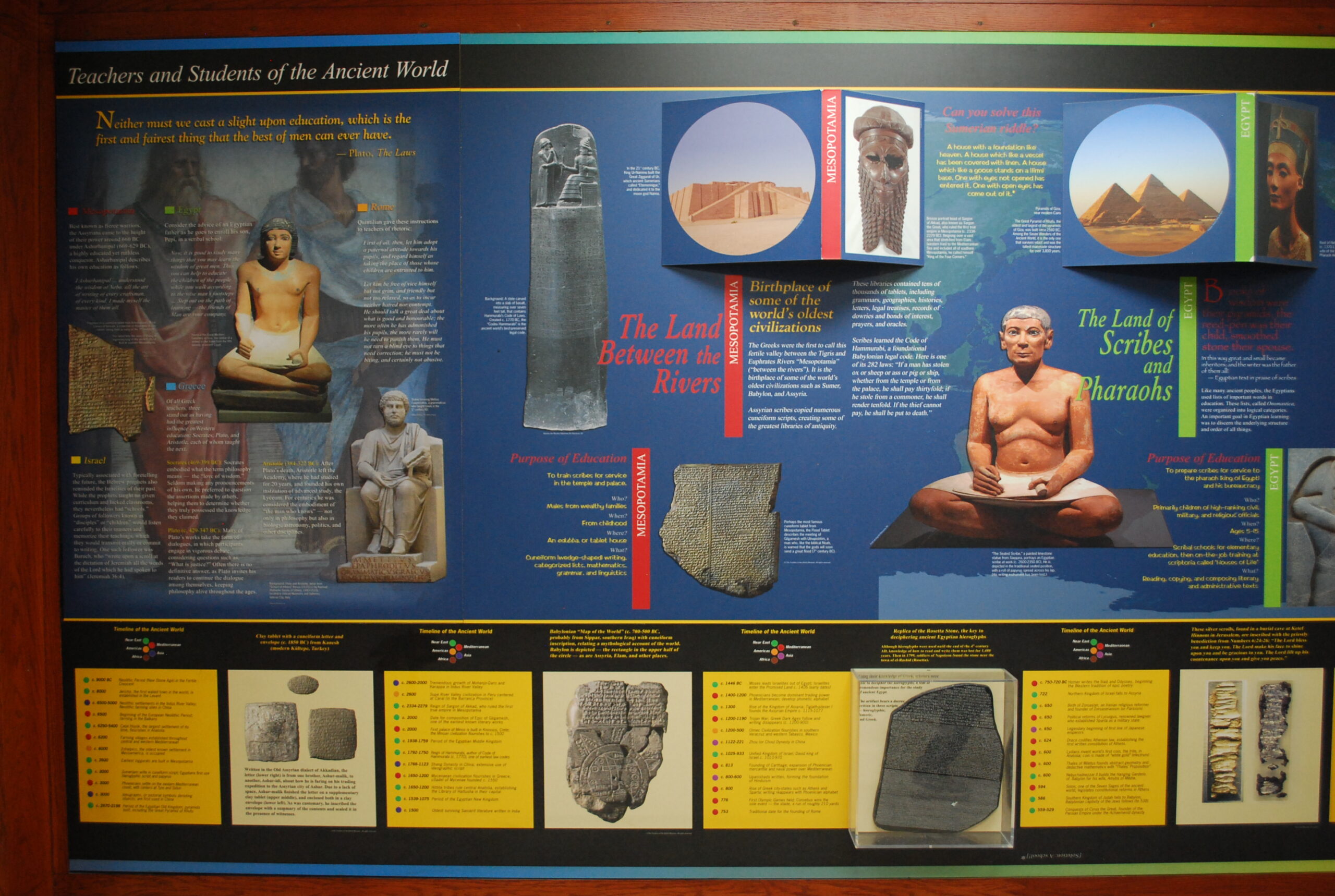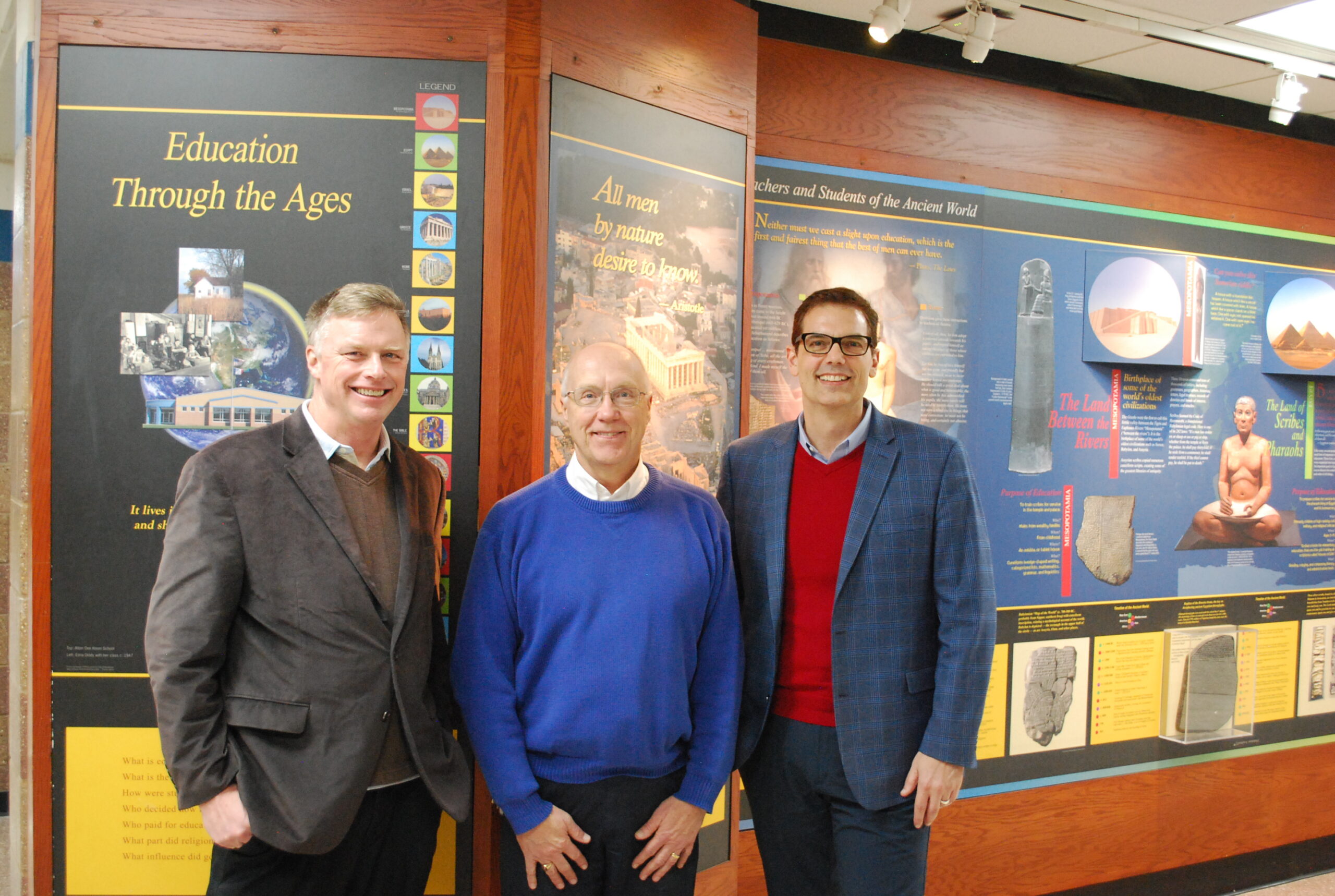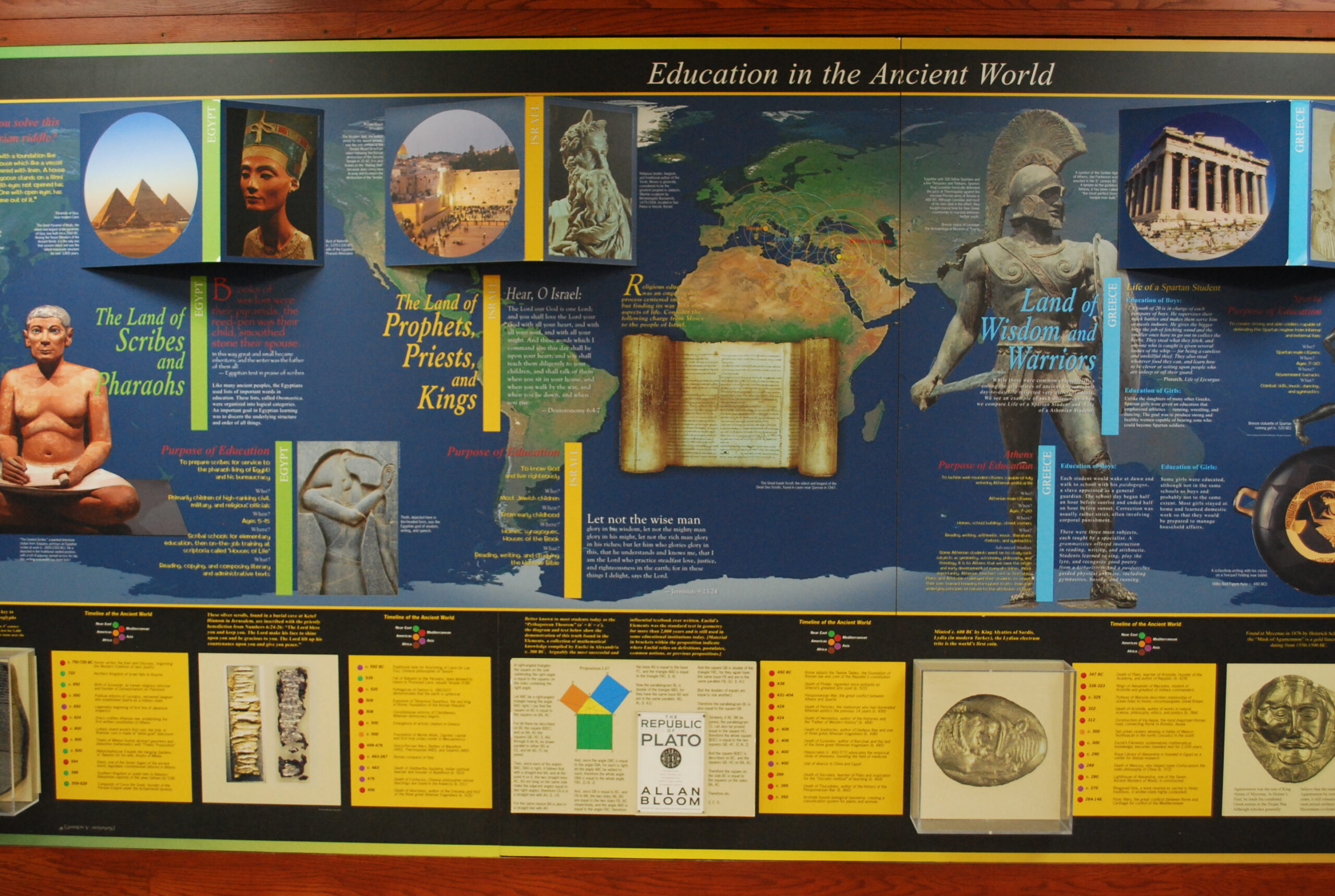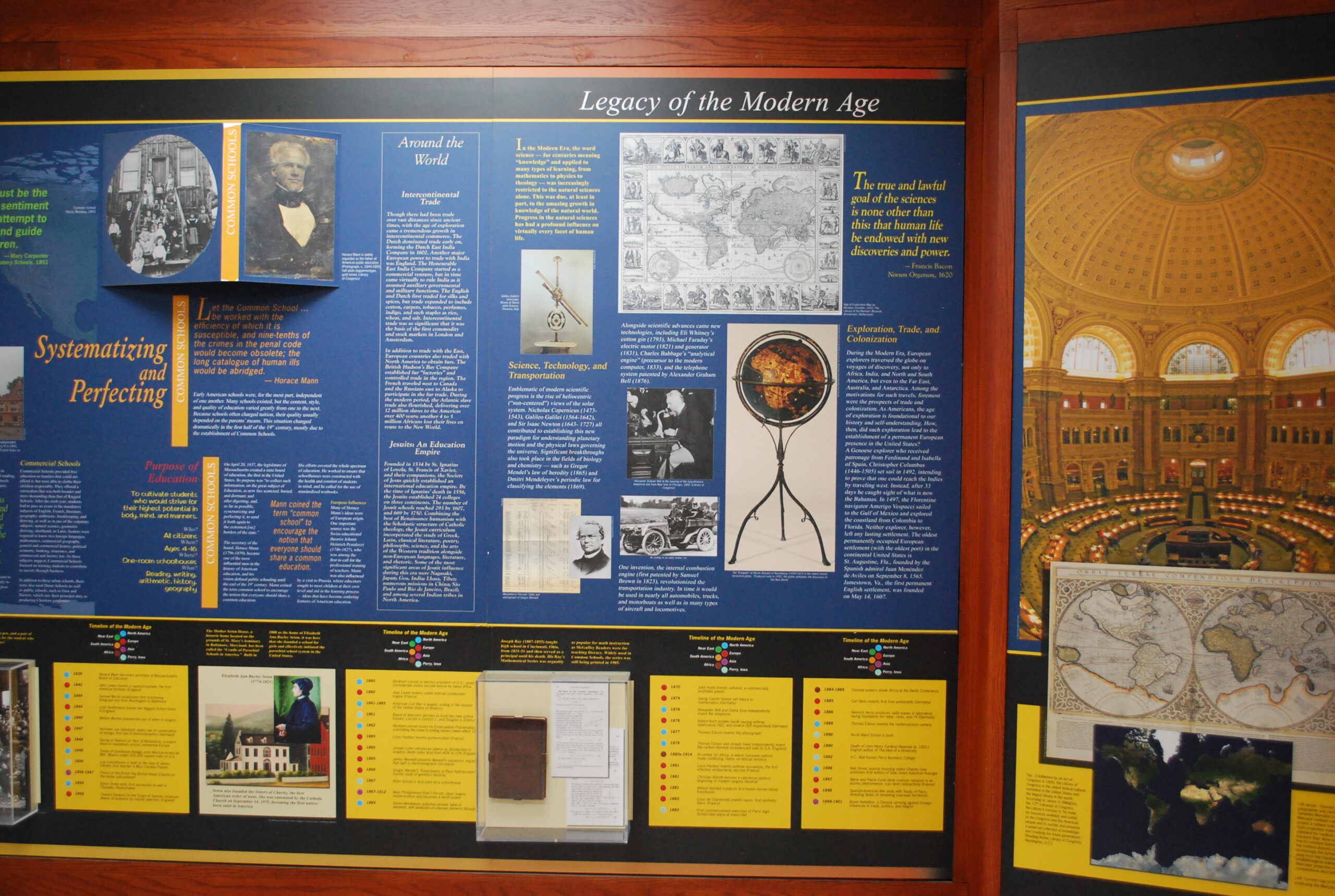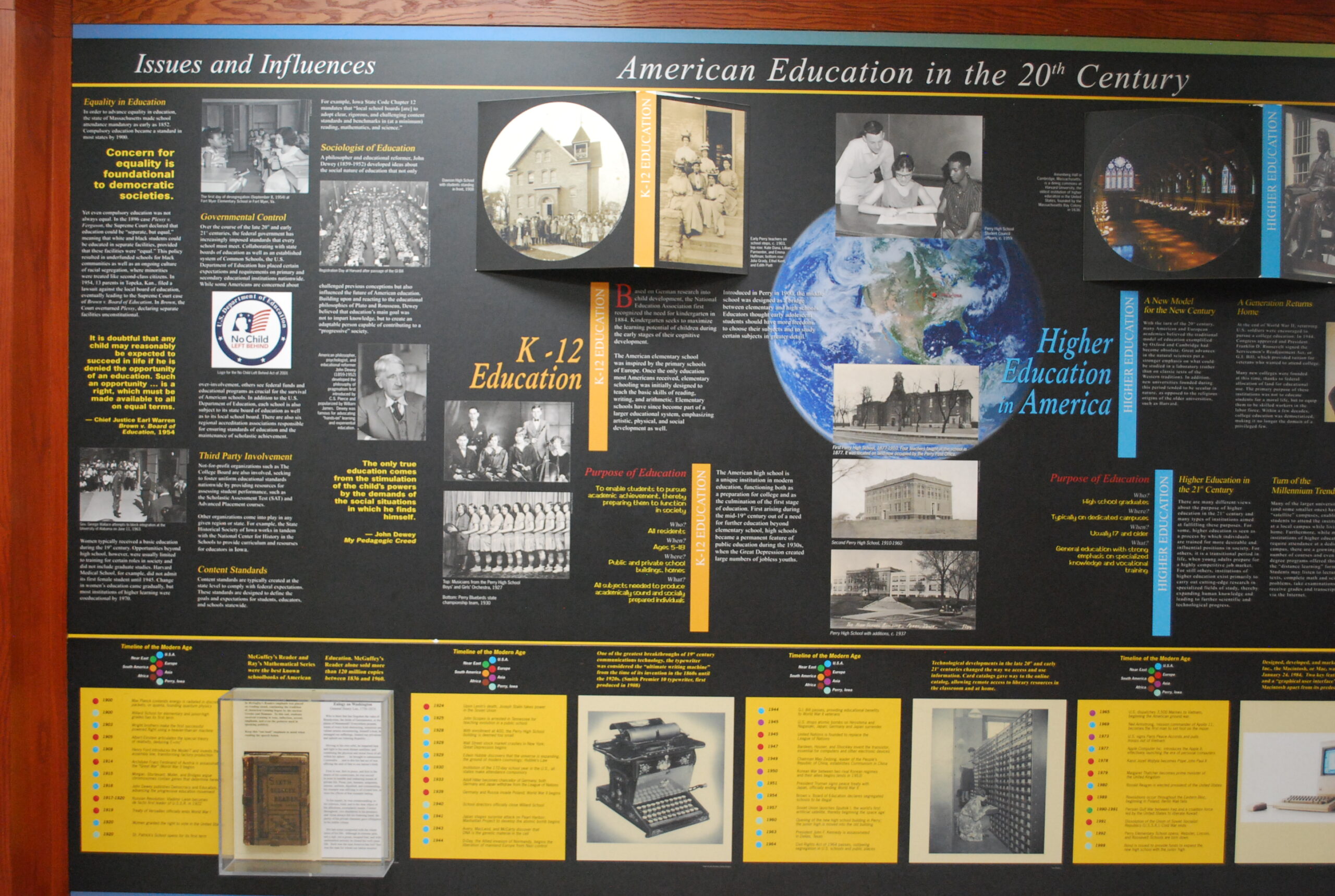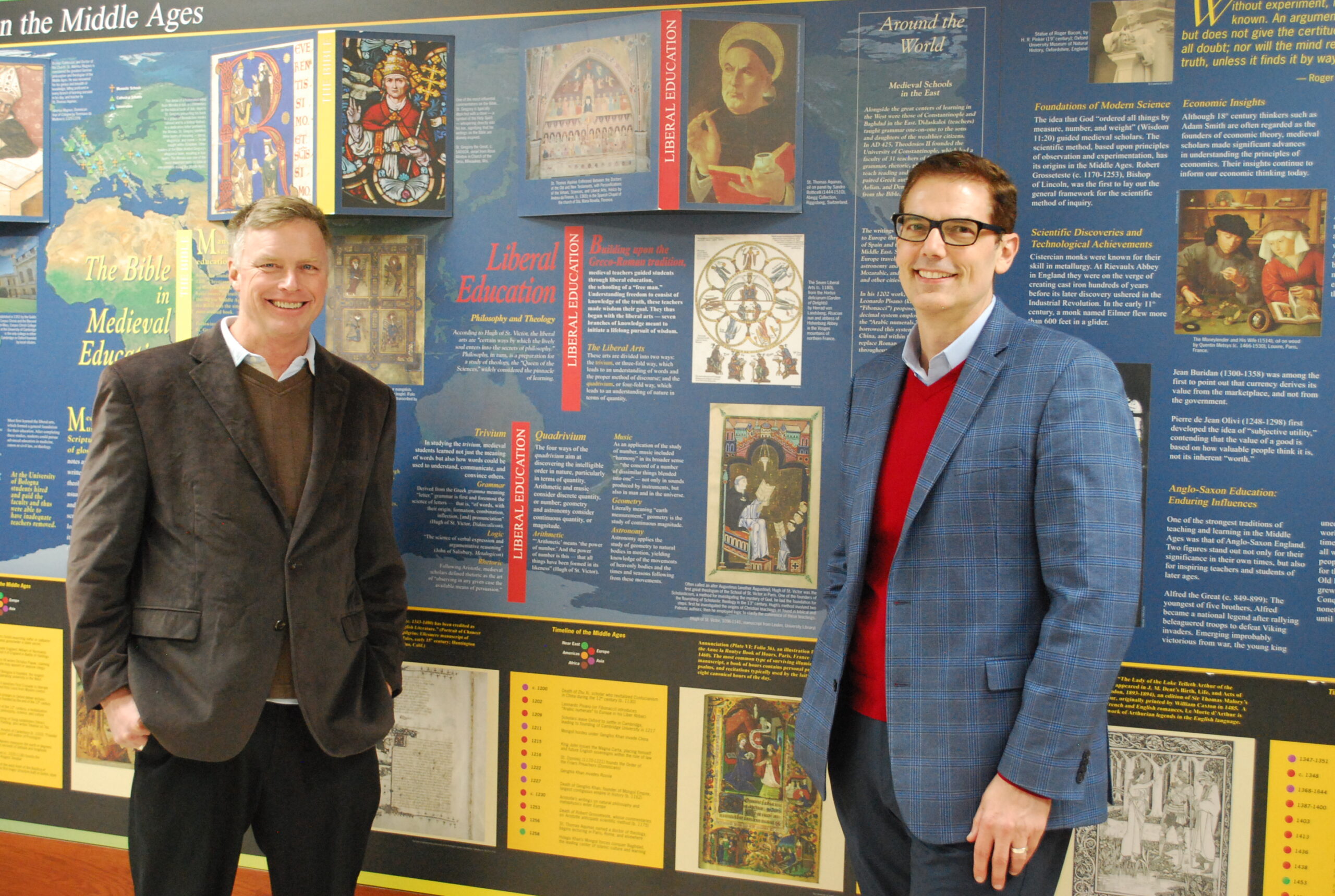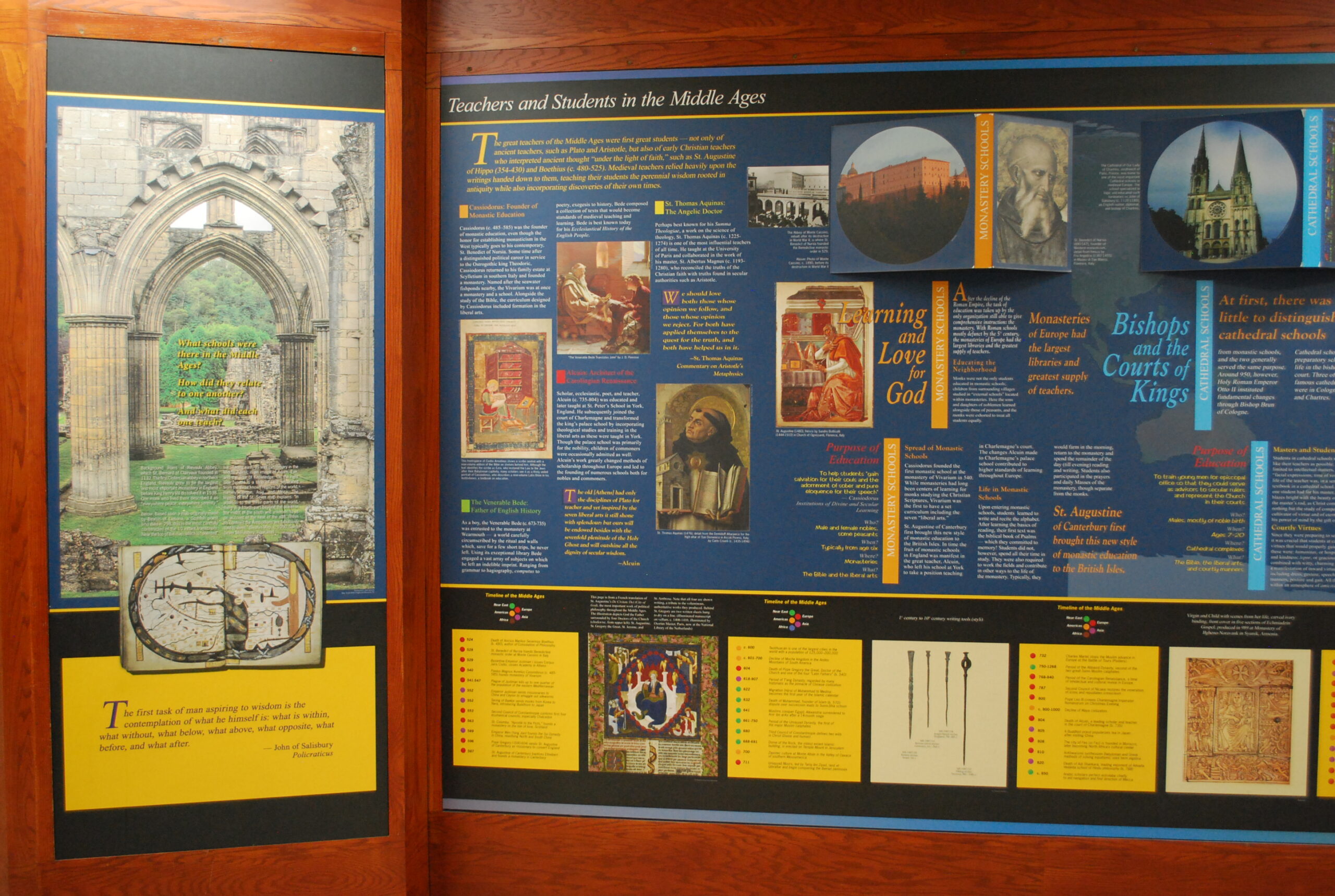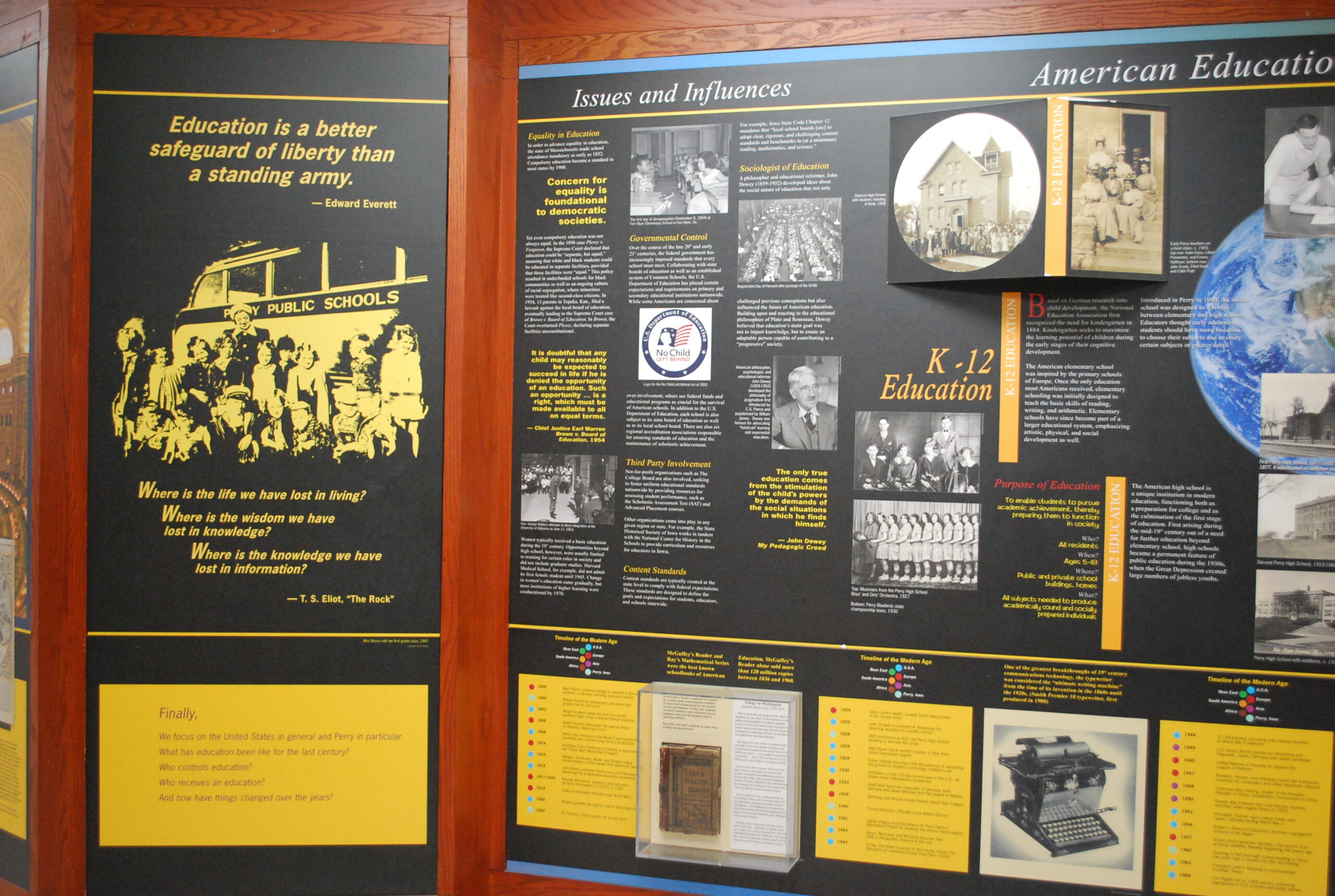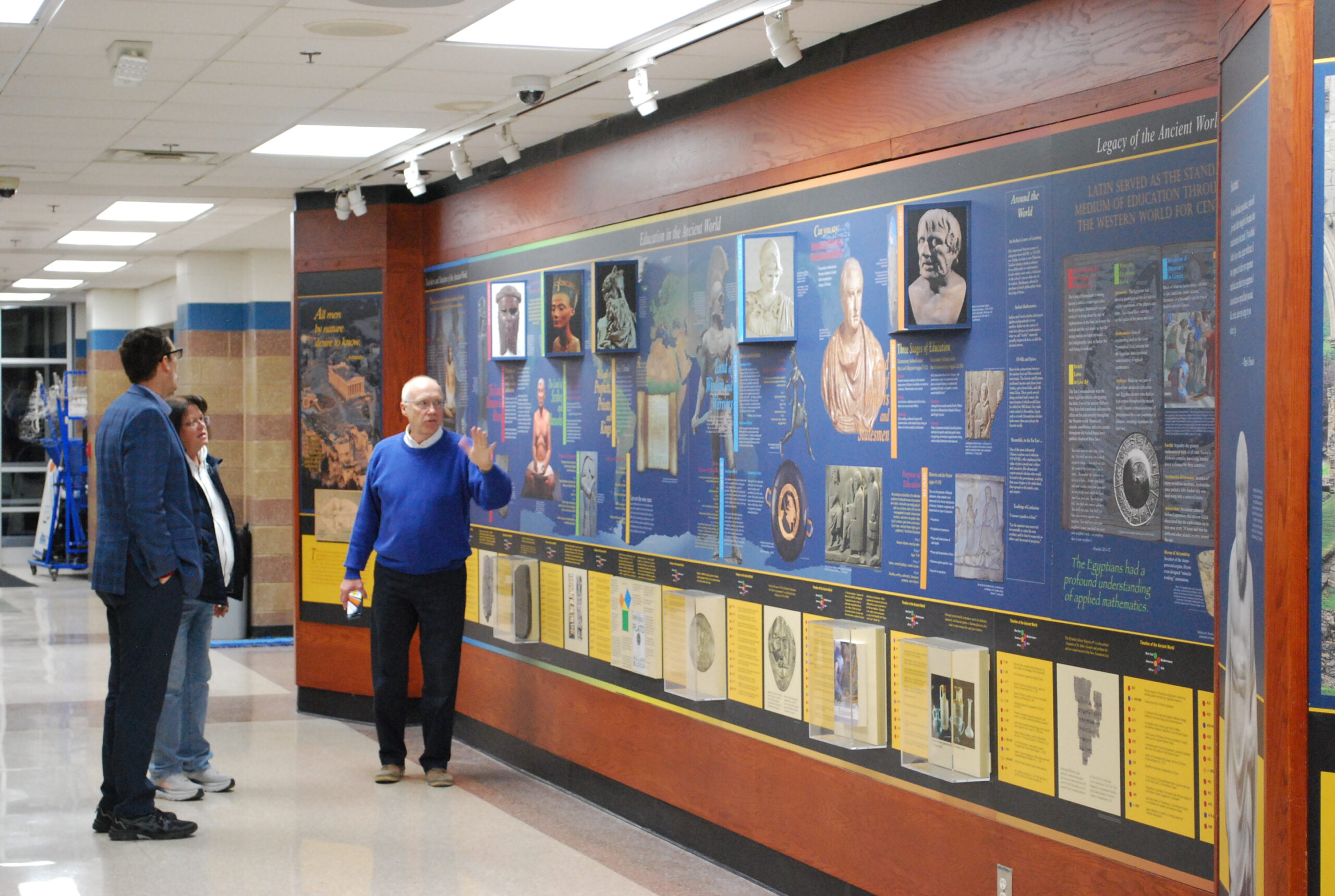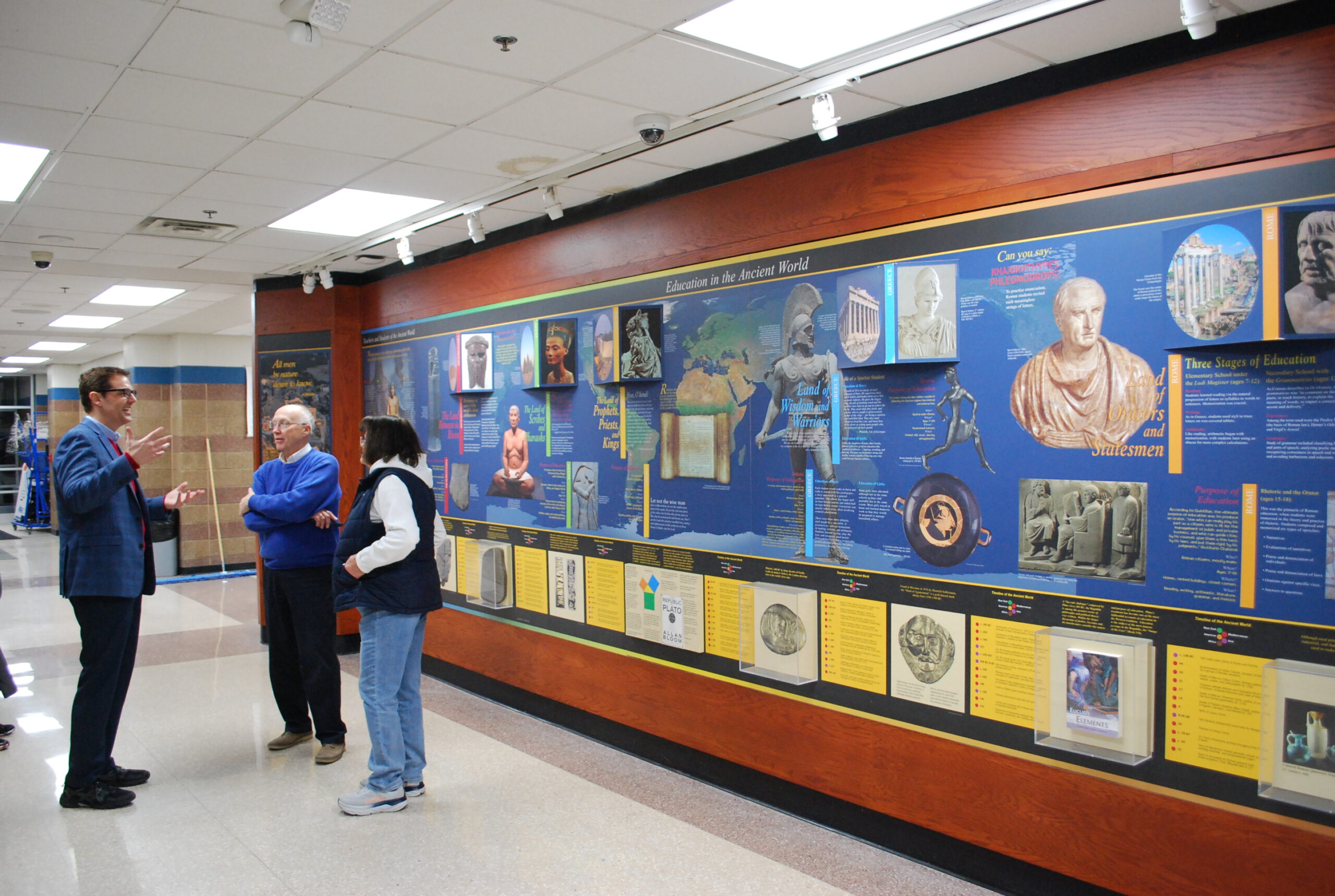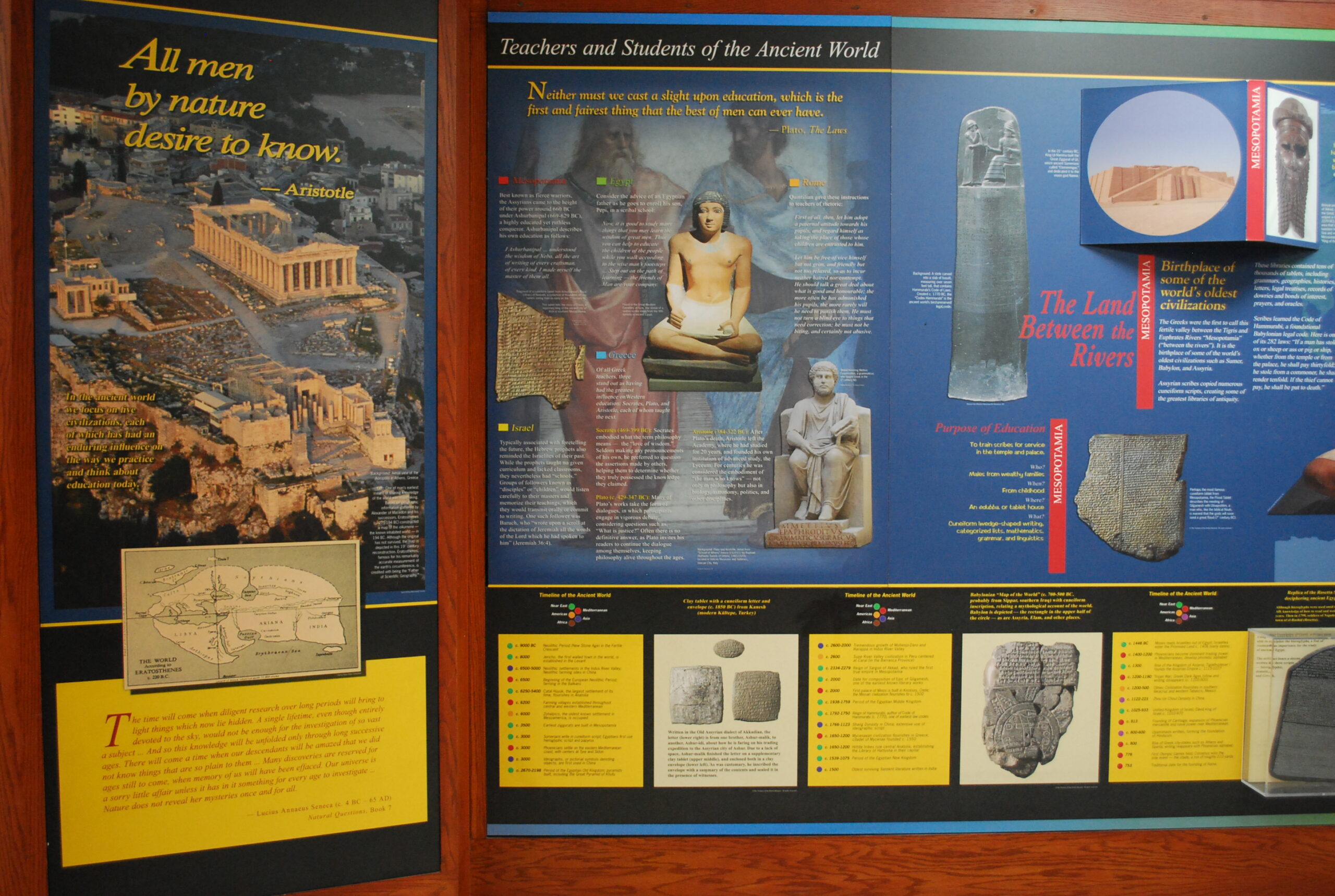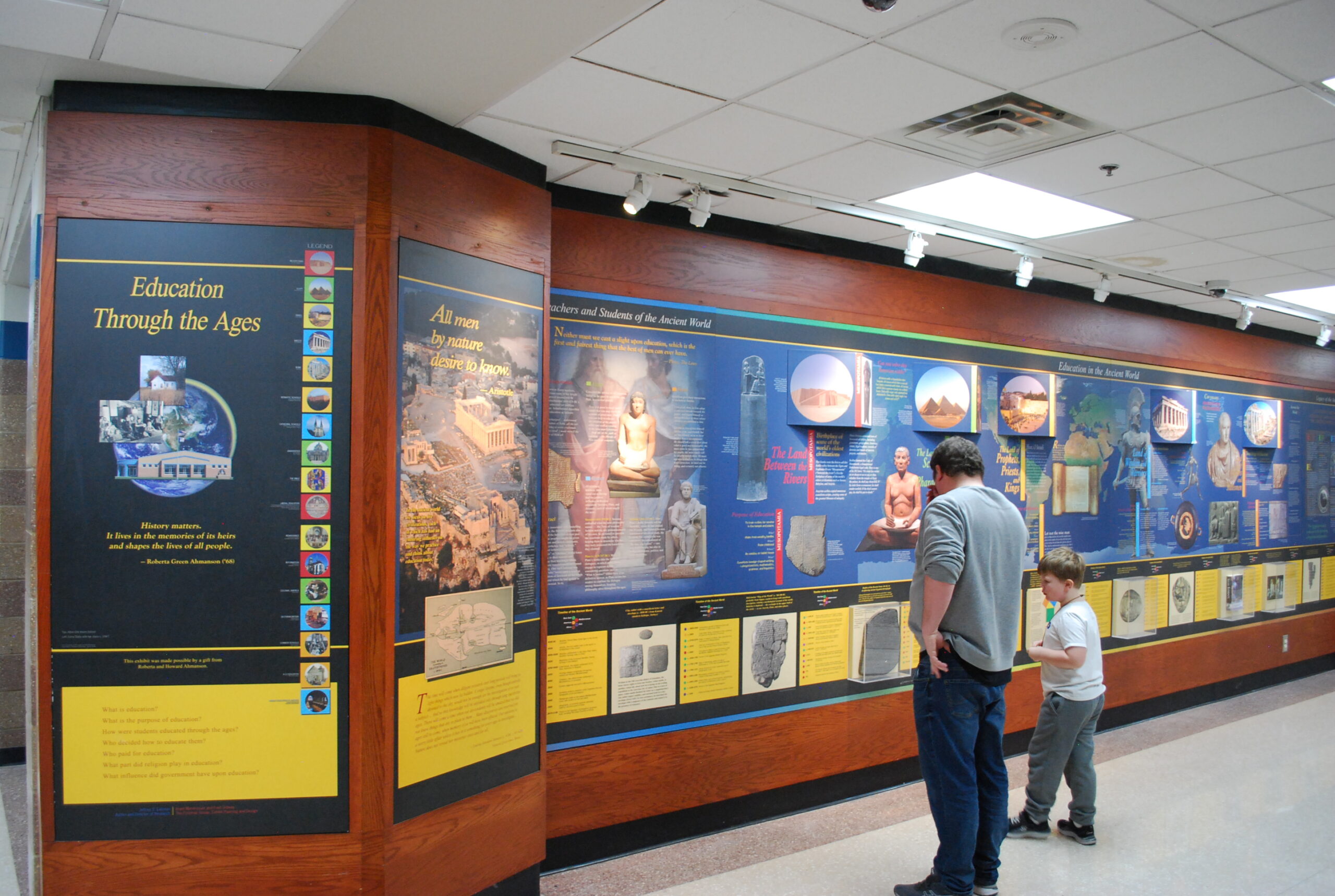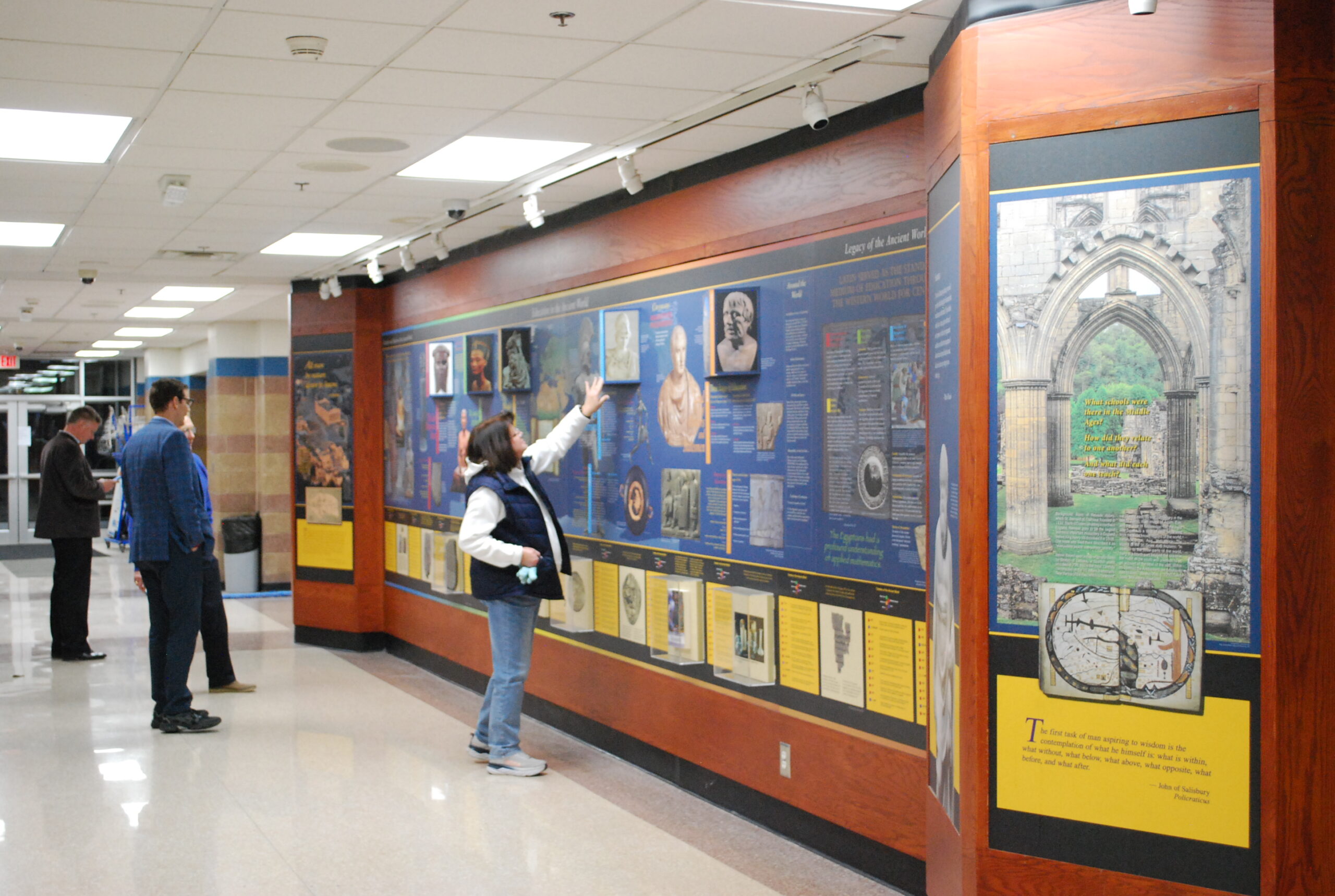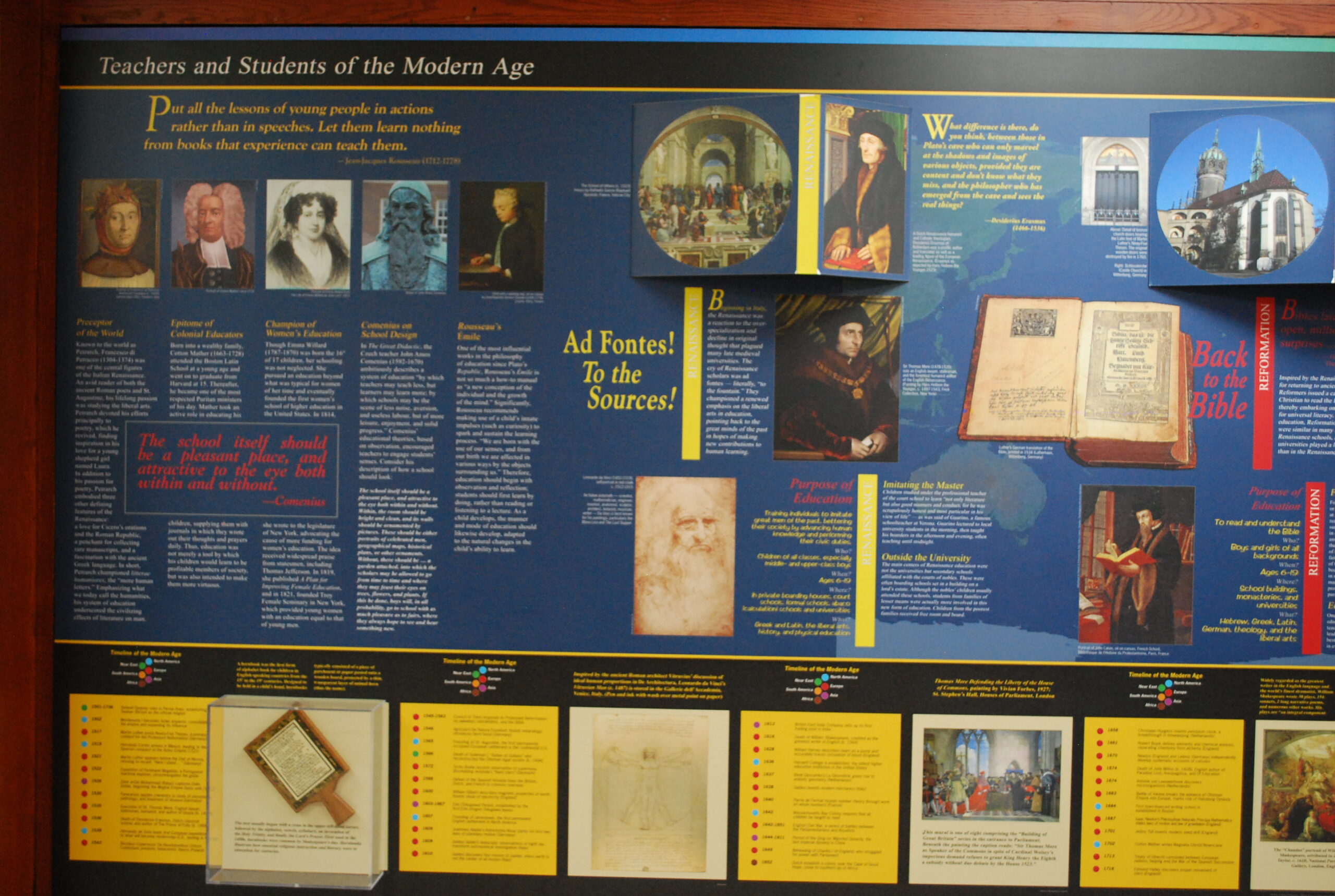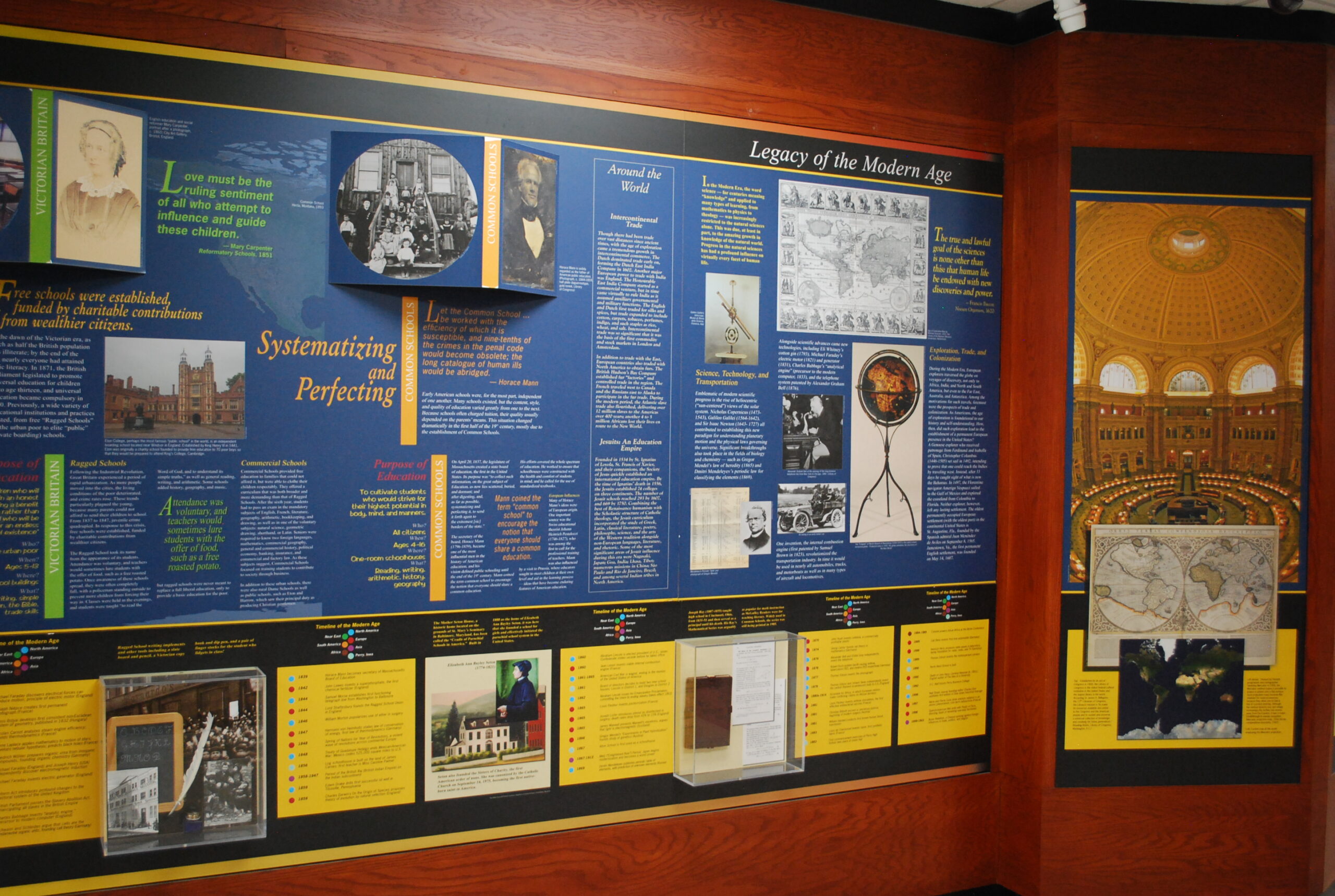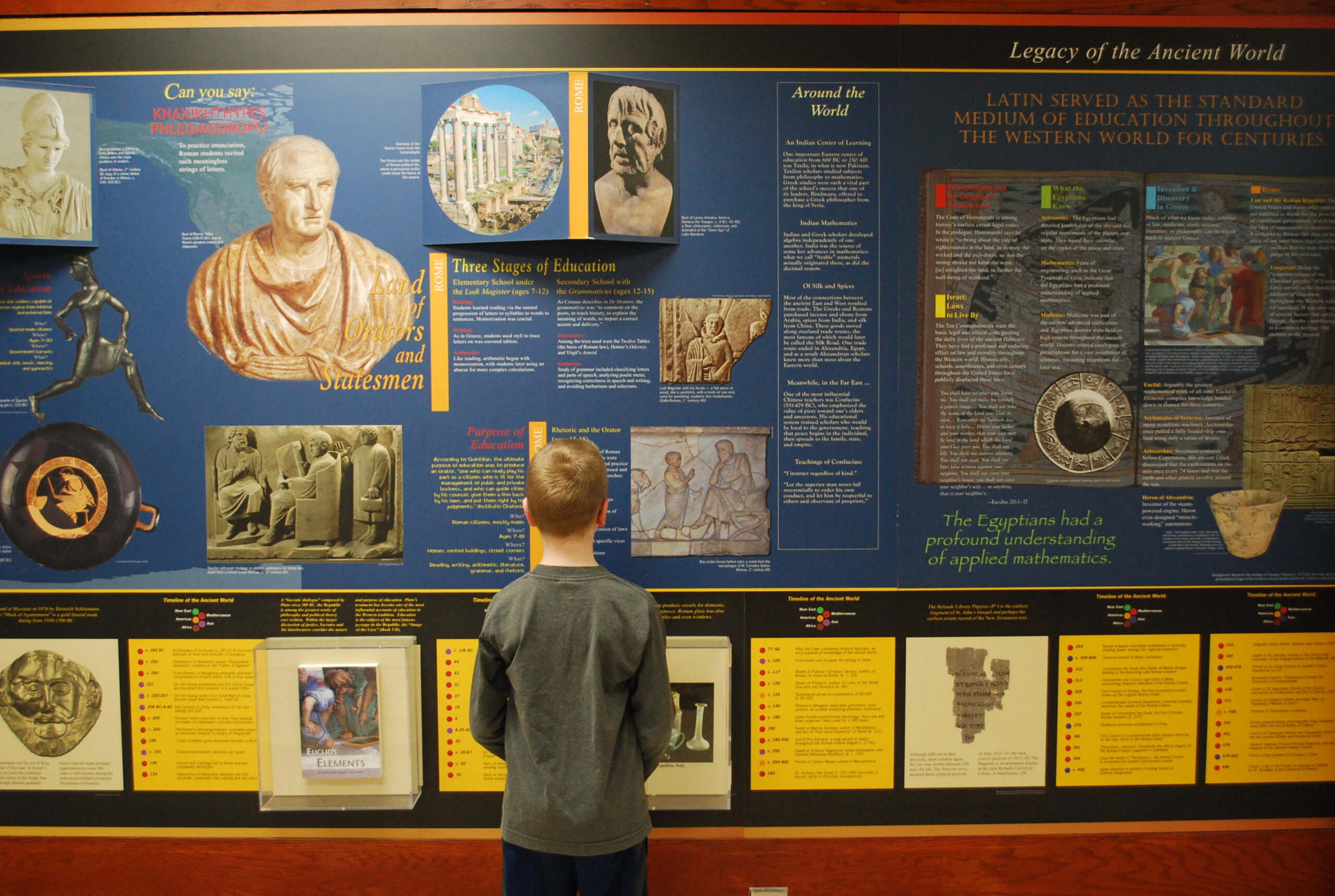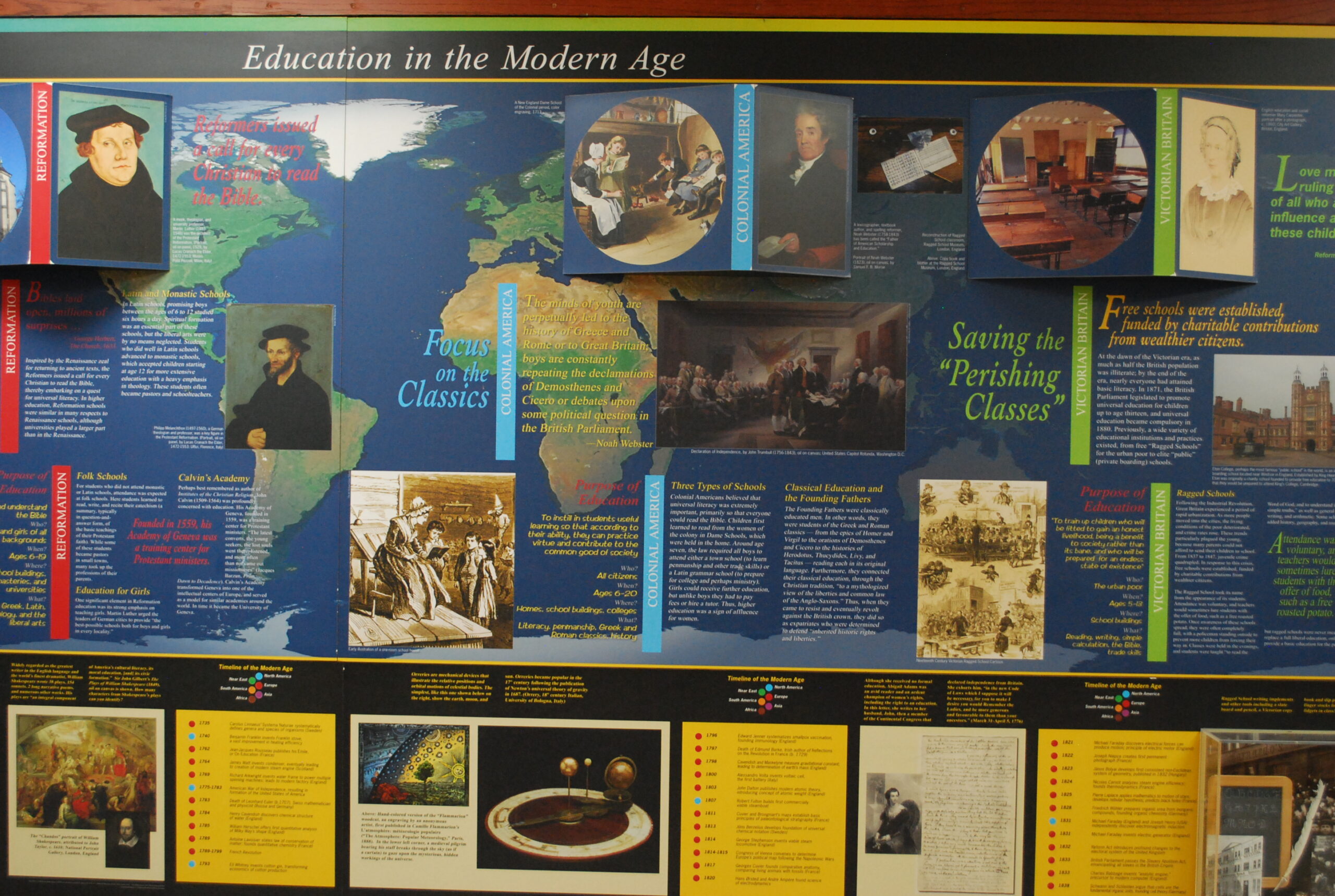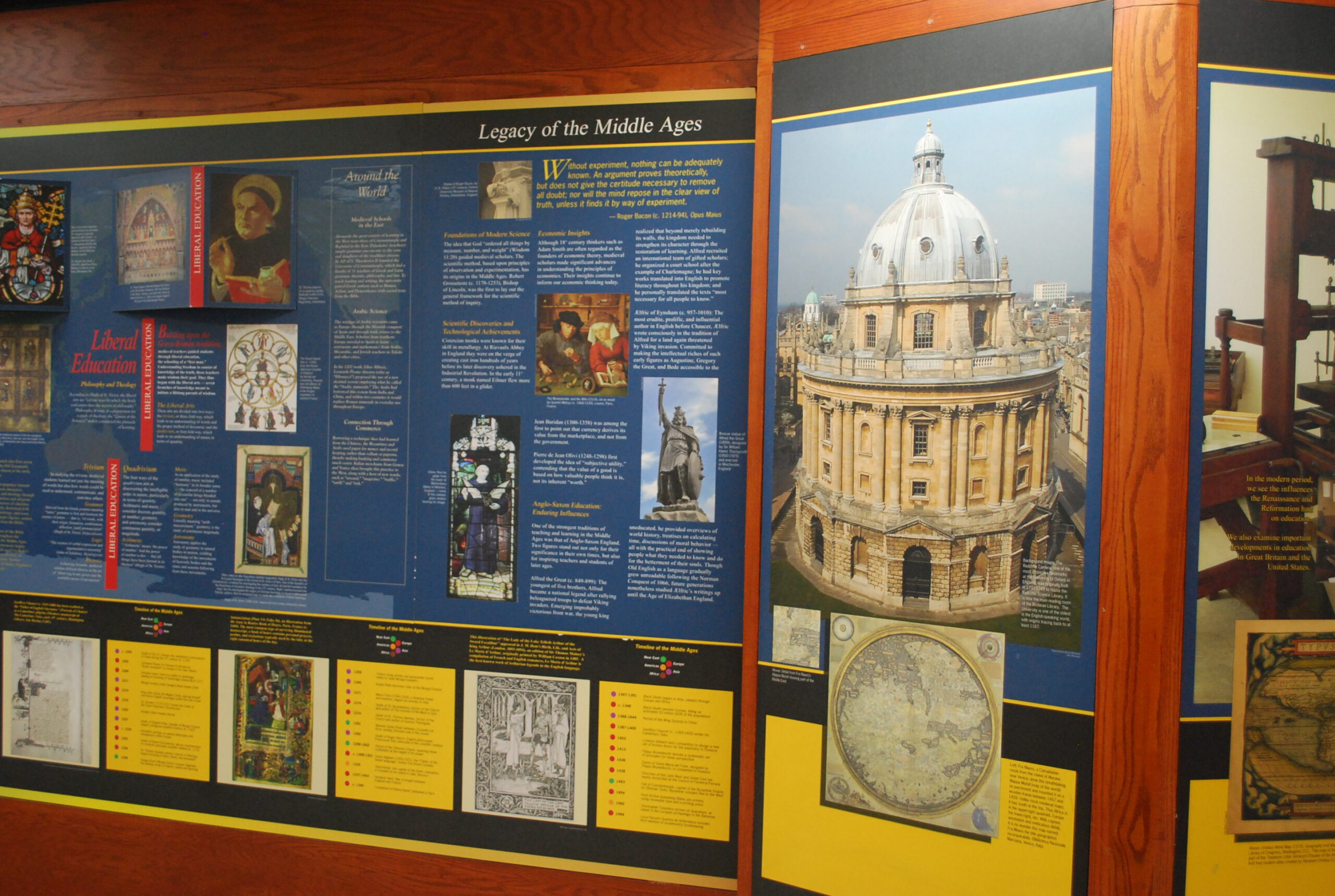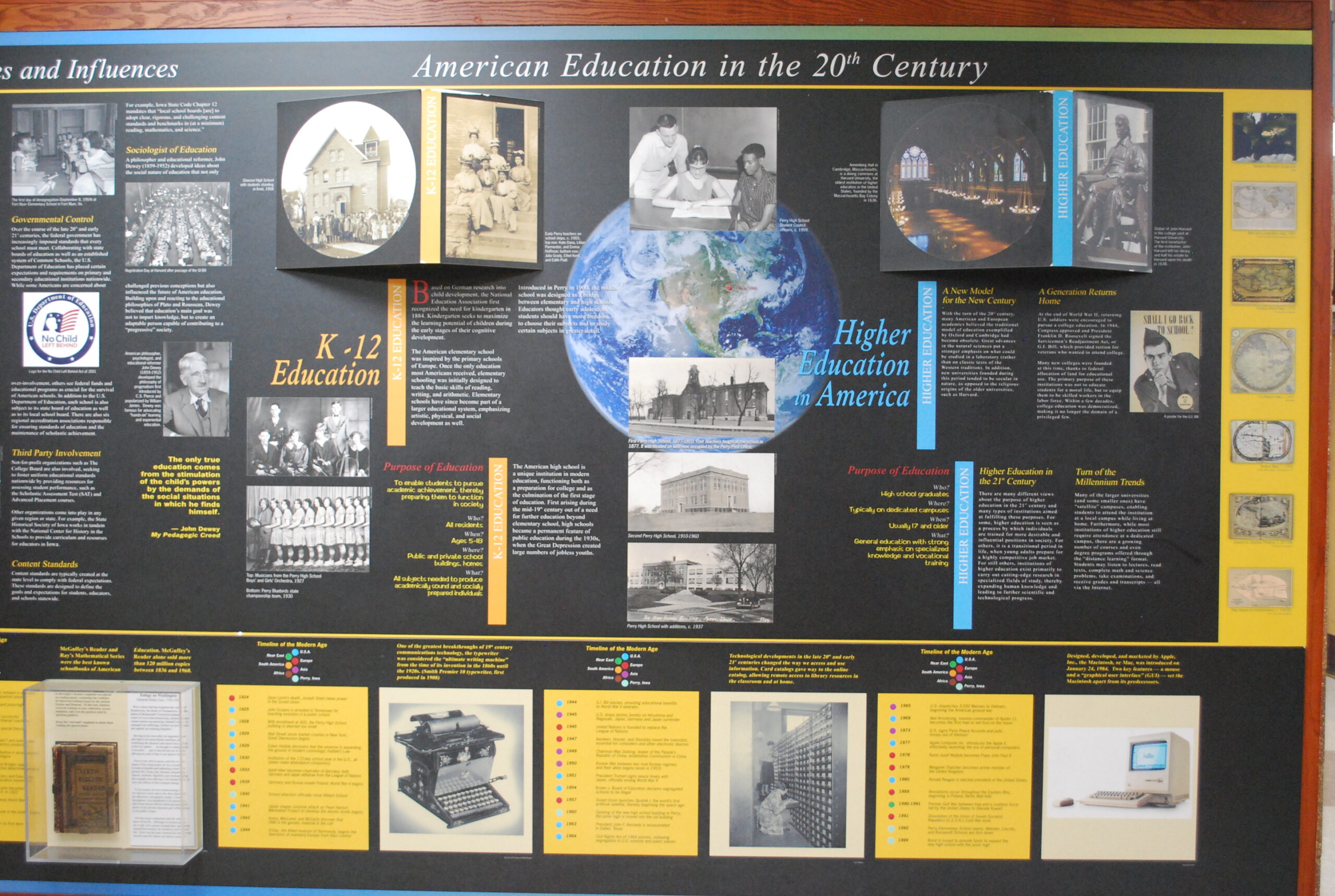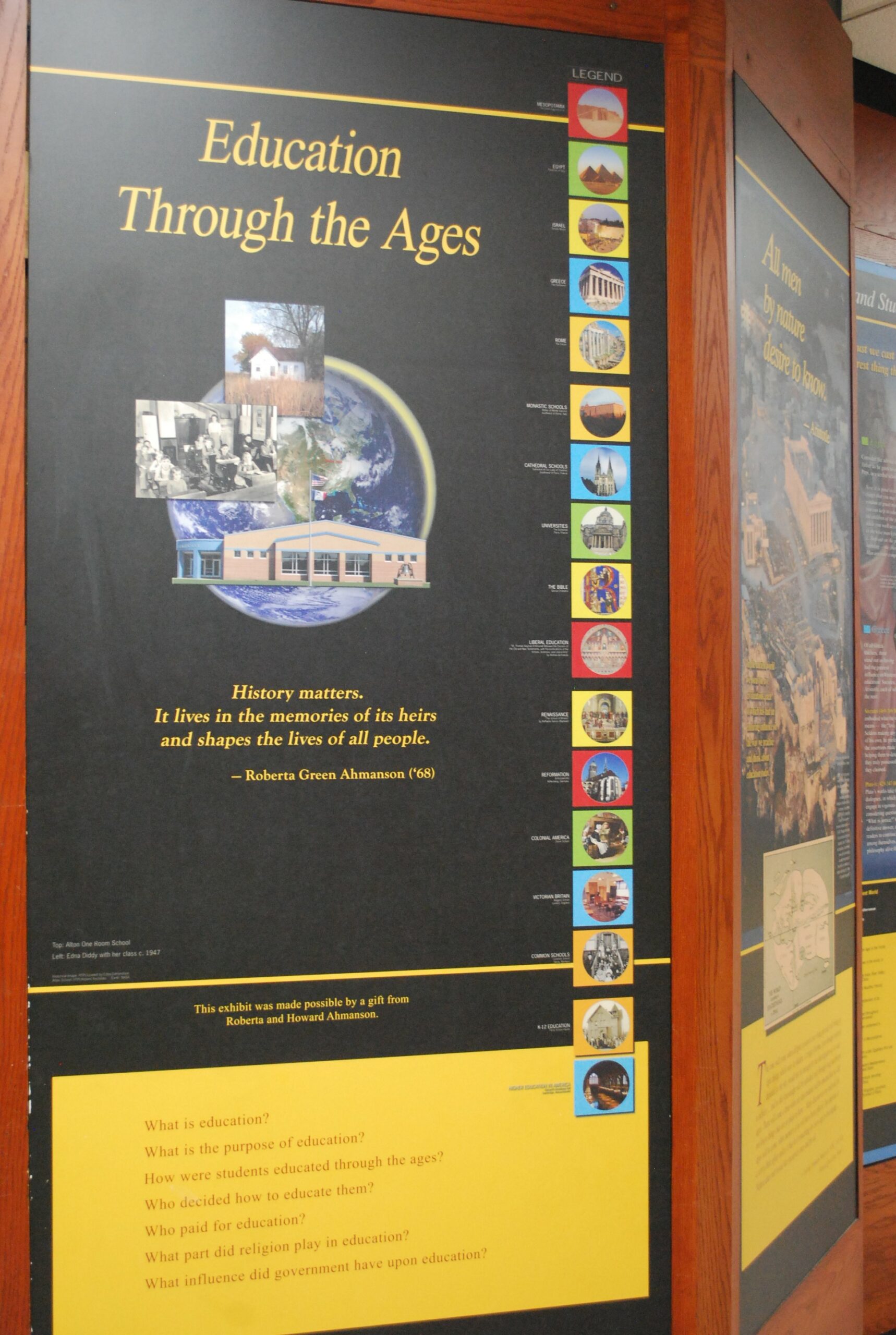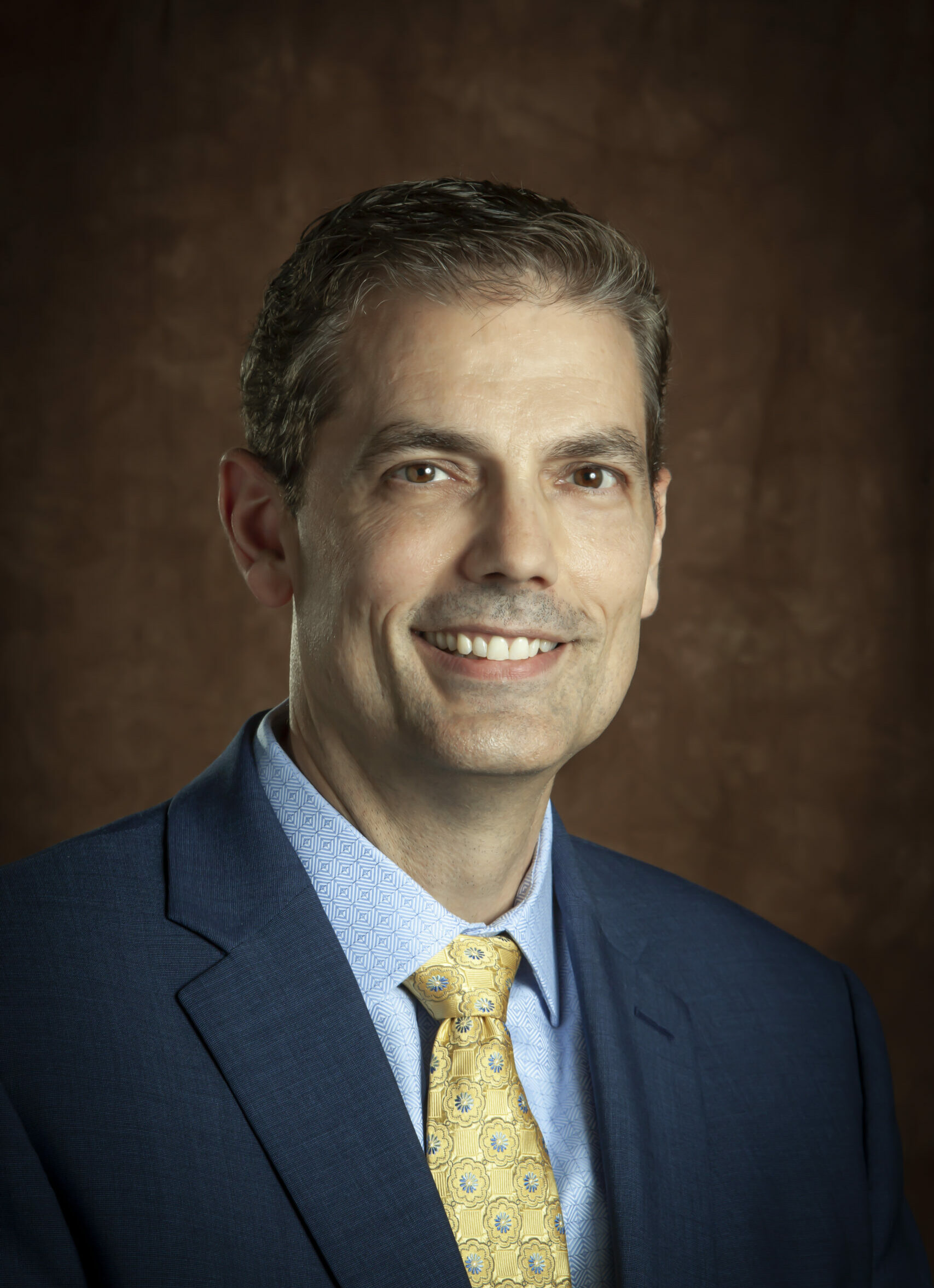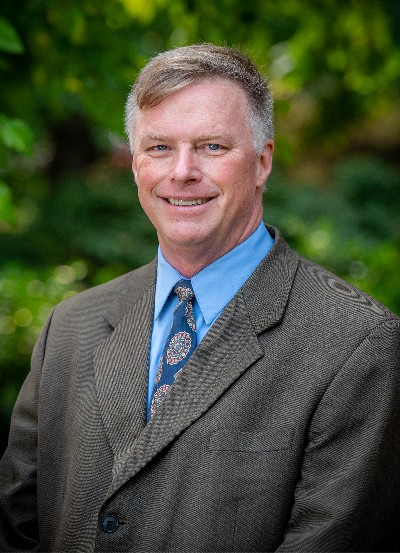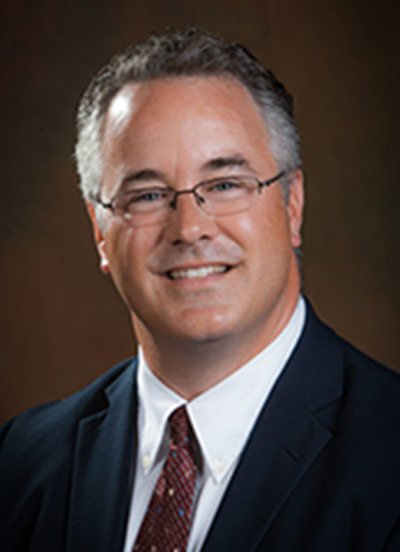About Us
Our Mission
The mission of Arts of Liberty is to educate students, teachers, and lifelong learners in the purpose and power of the liberal arts and liberal education. To accomplish this mission, we offer a variety of online, interdisciplinary resources intended to form and to foster a knowledge and a love of the liberal arts and liberal education.
Our resources are for everyone—from the newcomer with a budding desire to learn but with little knowledge of the liberal arts and liberal education, to the seasoned scholar who already knows and loves this tradition of education and is seeking to deepen that knowledge and love.
Our Vision
Our vision is to equip all who seek the True, Good, and Beautiful with the arts that free us from vice and free us for virtue, that ennoble us as persons and enable us to lead others rightly, that begin in wonder and end in wisdom. By providing these resources, we desire to assist all lovers of wisdom by arming them with the arts of liberty.
About our Logo
Our logo is a stylized adaptation of an illumination entitled “Philosophy and the Seven Liberal Arts from a 12th century encyclopedia of learning compiled by the Abbess of the Hohenburg convent. Details can be found here.
Our Services
Our resources include lesson plans for entire courses on the classical liberal arts of logic, rhetoric, arithmetic, geometry, and astronomy as well as study guides for great books of literature, history, politics, philosophy, and theology. Our image galleries include commentaries on high-quality images of art as these embody the tradition of liberal education. Such images are ideal for helping orient the student by contextualizing the liberal arts and liberal education in time and place; they also bear witness to the way this tradition has had an enduring influence on Western culture. Our civilization timelines includes images and text that tell the story of education in the Western tradition and contextualize that story within the larger scope of world history. We have also recently begun to publish the “Examining Life” podcast.
These resources will be of use to anyone who wishes to acquire a knowledge of the liberal arts and the great books for themselves or to teach the same to others. The entire web site is a collaborative effort, involving scholars and educators from around the world who are actively engaged in liberal education at the K-12, undergraduate, and graduate levels.
Our History
The Arts of Liberty Project began as an idea Dr. Jeffrey Lehman had as a graduate student at the University of Dallas. He saw the wealth of wisdom in the Western tradition, but he also saw the dire need to recover that wisdom for the modern world. While teaching at Thomas Aquinas College in Santa Paula, California, Dr. Lehman founded the project. Together with colleagues at TAC and friends elsewhere, he advanced the project from an initial idea to a well-developed website. After leaving TAC to develop an undergraduate program in classical education at Hillsdale College in Hillsdale, Michigan, Dr. Lehman returned to the University of Dallas, where it all began. Today thousands of students, teachers, and lifelong learners from across the world have used our materials to study the liberal arts and liberal education.
Our Impact
The Arts of Liberty has produced 50 scholarly study guides on great books throughout the Western Tradition. We’ve also sponsored and published online 6 books and courses on the liberal arts and liberal education.
Our Team
Jeffrey Lehman
Founder & PresidentJeffrey S. Lehman is co-founder and Dean of Fellows at the Boethius Institute. He earned a B.A. in Biblical Literature…
Andrew Seeley
Executive DirectorAndrew Seeley is co-founder and President of the Boethius Institute for the Advancement of Liberal Education. He also serves as the…
Matthew Walz
Matthew Walz was born in New York, but grew up mostly in Ohio. He completed undergraduate studies at Christendom College,…
Fellowships
Scholars
To recover and revive the liberal arts and liberal education in this era, we need scholars who can write books, lesson plans, articles, and study guides with insight and excellence. Please contact us if you are interested in changing the world and have the experience and expertise to do so. We welcome all forms of contribution, great or small.
Graduate Students
We are developing a network of graduate students from across the United States who are interested in recovering and reviving the liberal arts in higher education and secondary education. This network uses and produces Arts of Liberty materials, such as the courses and study guides. Join our community of learners and teachers!
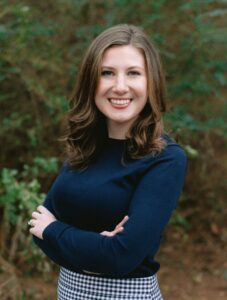 Kristen Clarkson teaches Classical Literature and American Literature at Cary Christian School. She earned an MA in Humanities with a Classical Education Concentration from the University of Dallas and a BA in English from North Carolina State University. Because her own classical education shaped her thoughts and affections, Kristen implements classical pedagogy and assessments in her classroom in order to train students in intellectual and moral virtues. She hopes to teach Homer and Flannery until she dies.
Kristen Clarkson teaches Classical Literature and American Literature at Cary Christian School. She earned an MA in Humanities with a Classical Education Concentration from the University of Dallas and a BA in English from North Carolina State University. Because her own classical education shaped her thoughts and affections, Kristen implements classical pedagogy and assessments in her classroom in order to train students in intellectual and moral virtues. She hopes to teach Homer and Flannery until she dies.
Partnerships
Schools & Charter School Systems
We partner with schools and school systems for curriculum help and course packages. Please contact us if you too want to educate the next generation of liberal artists by partnering with us.
Institutes
We love to partner with institutes inside and outside of the realm of education. Although the liberal arts are taught in the classroom, they can and ought to be used in the world. We partner with institutes to help them apply the skills of the liberal arts and the moral and intellectual wisdom of the liberal education.
Teachers
Teachers are on the front lines of recovering the liberal arts in the classroom. They have a special role to play in the revival of liberal education in this country. We want to support you with our materials, but you can also support us with your feedback and suggestions.
Contact Us
